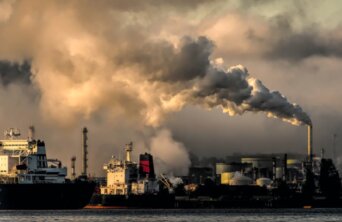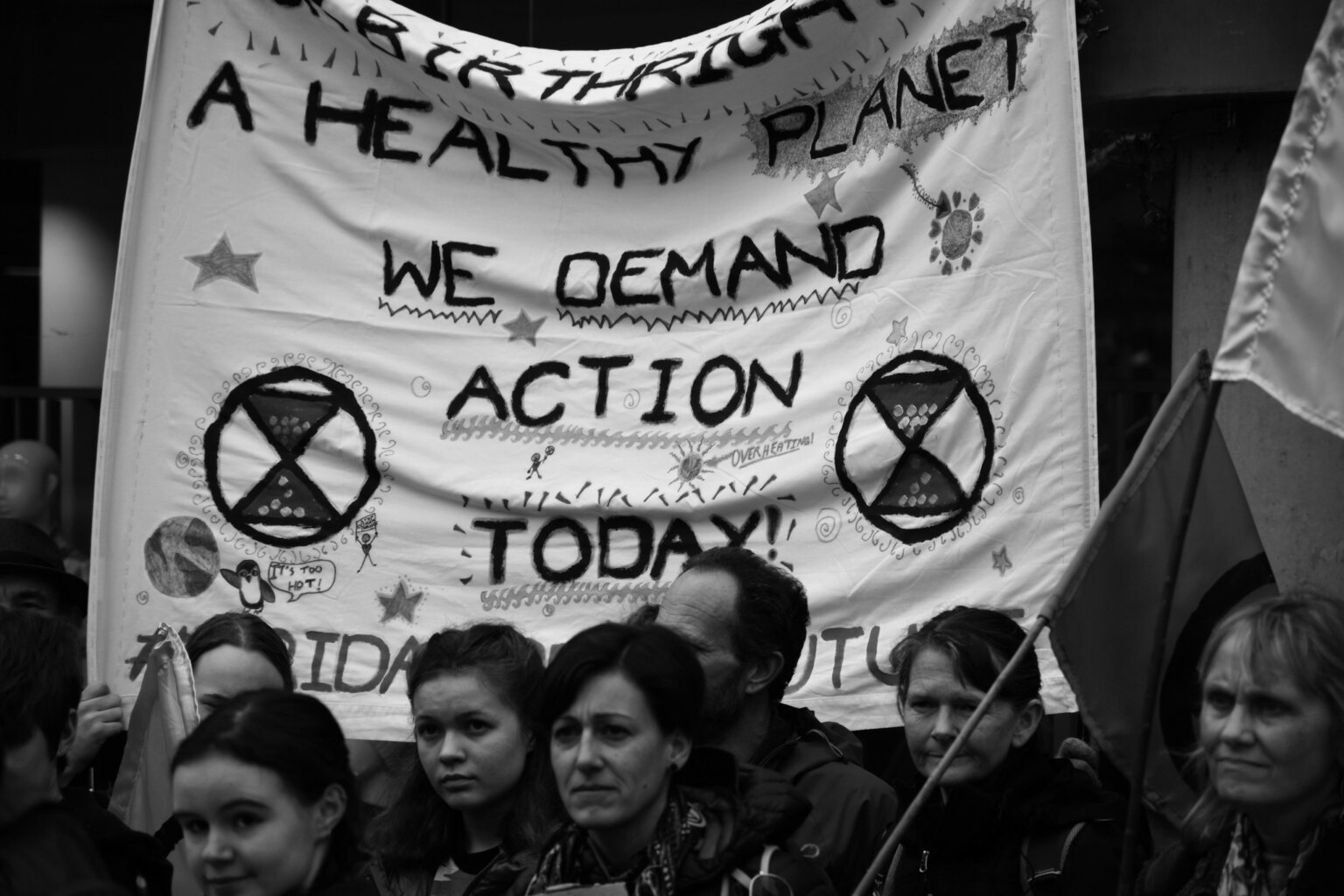- About
- Topics
- Story
- In-Depth
- Picks
- Opinion
- News
- Donate
- Signup for our newsletterOur Editors' Best Picks.Send
Read, Debate: Engage.
| topic: | Climate action |
|---|---|
| located: | China |
| editor: | Amy Liu |
China, the biggest methane emitter in the world, released its long-awaited control plan in early November to strengthen "emission monitoring, accounting, reporting and verification systems" and seal methane leaks at coal mines.
The action plan, published by China's Ministry of Ecology and Environment, aims to significantly improve the country's collaborative control capabilities of pollution and methane emissions by 2025. The plan also includes repurposing more than 80% of livestock waste to reduce methane emissions.
However, media reports criticise the plan as "too ambiguous" due to its mainly descriptive text and lack of specific targets for reducing methane emissions.
Methane is a potent greenhouse gas, accounting for about 16 per cent of global emissions. According to the Institute for Global Decarbonization Progress (iGDP), a Chinese think tank, around 40 per cent of China's methane emissions escape during the mining of coal. A Global Energy Monitor report suggests coal mine methane emissions in China's province of Shanxi are roughly equivalent to the world's total methane emissions. Even still, the reliability of emission data is in doubt; the report suggests the actual figure for coal mine methane is almost double what the authority claims.
The dependence on coal for industrial power generation may be why China refused to join the Global Methane Pledge, an agreement led by the United States and Europe and signed by over 150 nations, promising to collectively reduce emissions by 30% by 2030.
Experts have stated that China has difficulty finding a concrete solution to reduce emissions. They have pointed out that even the latest joint climate plan of the US and China does not take strong enough action to tackle the crisis, despite the two countries being responsible for almost 40% of the world's greenhouse gas emissions.
"It is disappointing that the two nations said nothing about the need to transition away from fossil fuels this decade rapidly," said David Waskow, international climate director of the World Resources Institute.
The two leading powers, the US and China, must actively accelerate their emissions reductions to better control methane emissions. Sharing climate intelligence with oil and gas operators to prevent routine and non-routine methane emissions system-wide will be a bonus.
Image by Chris LeBoutillier.

